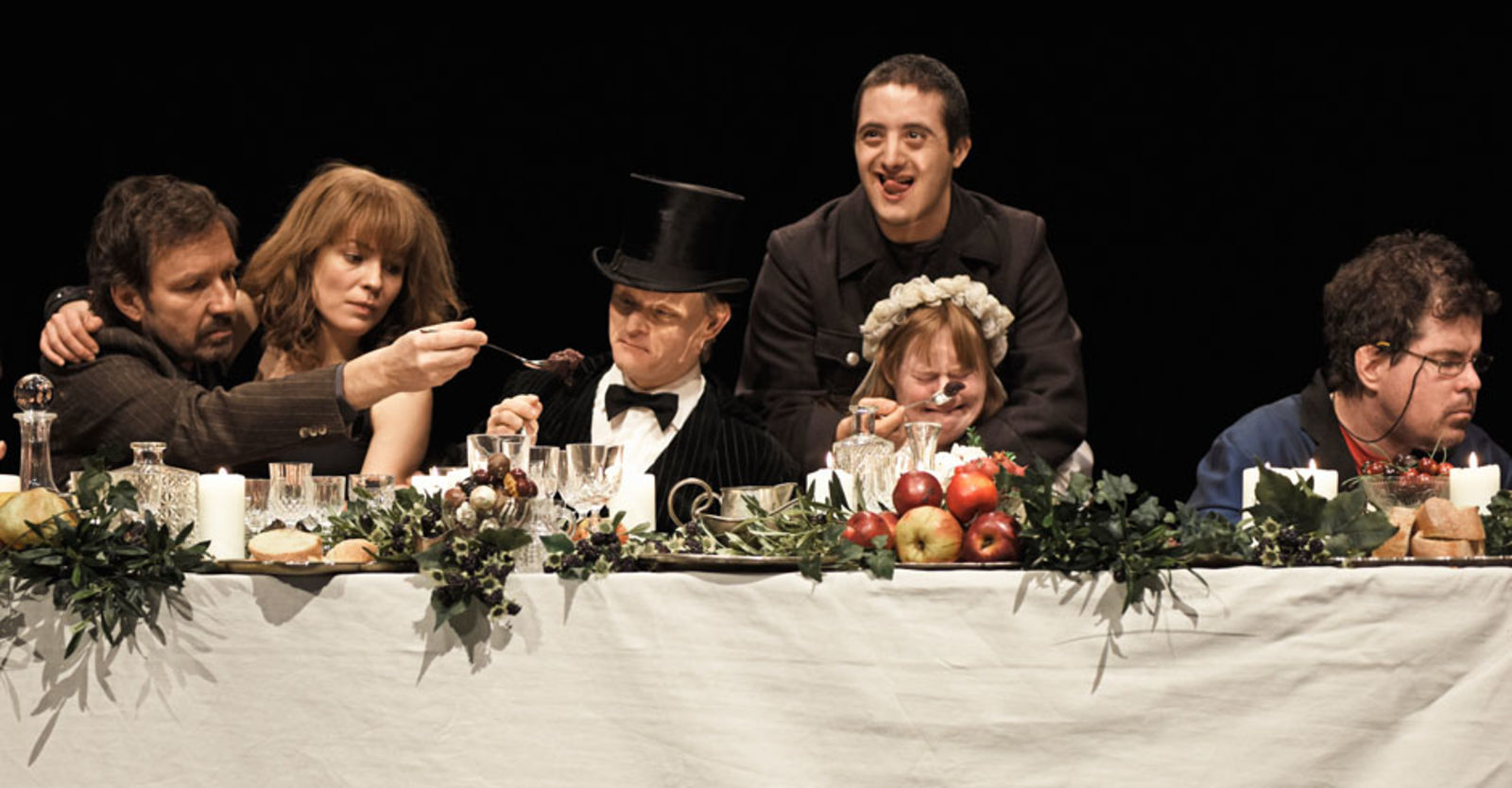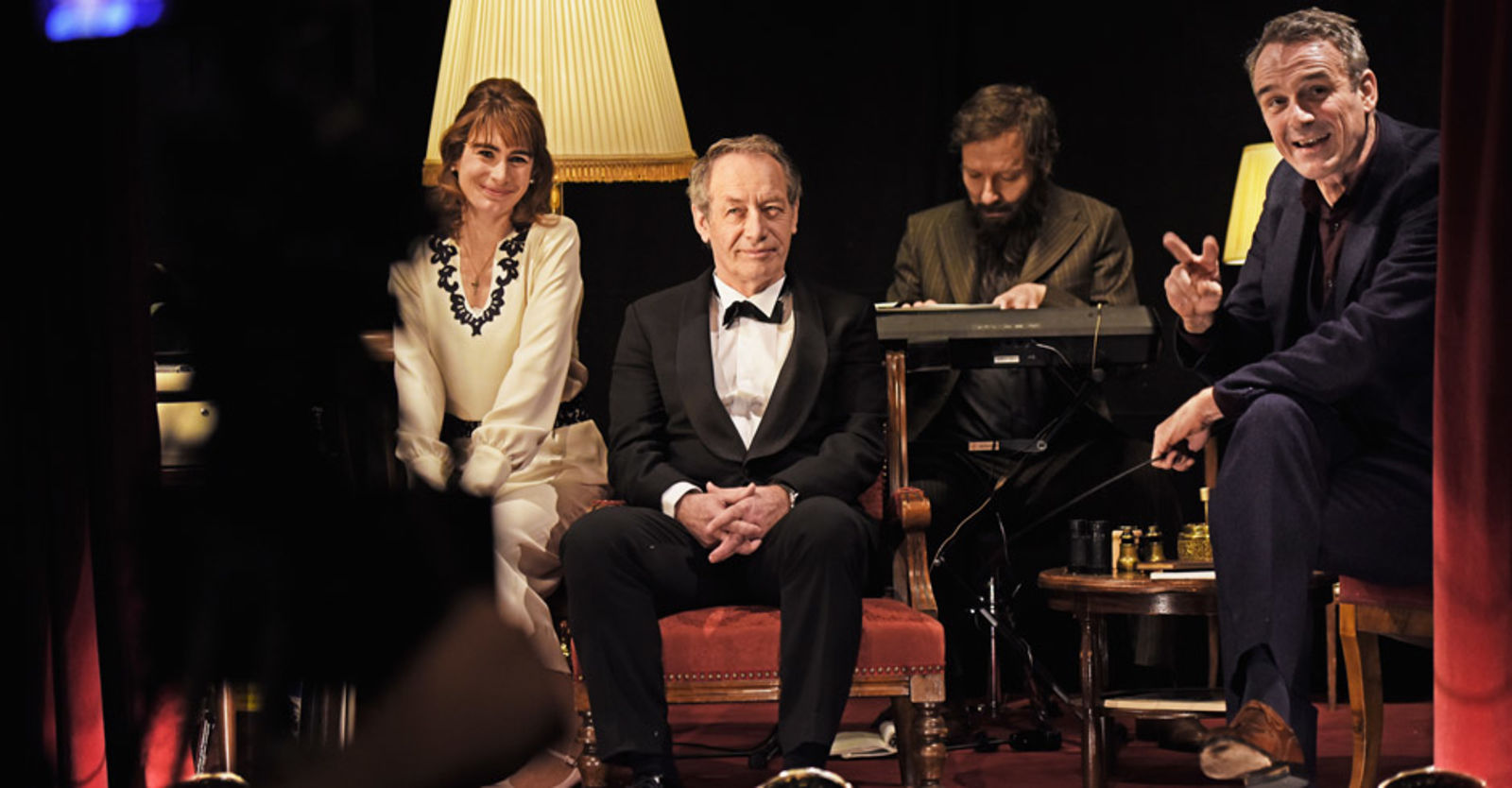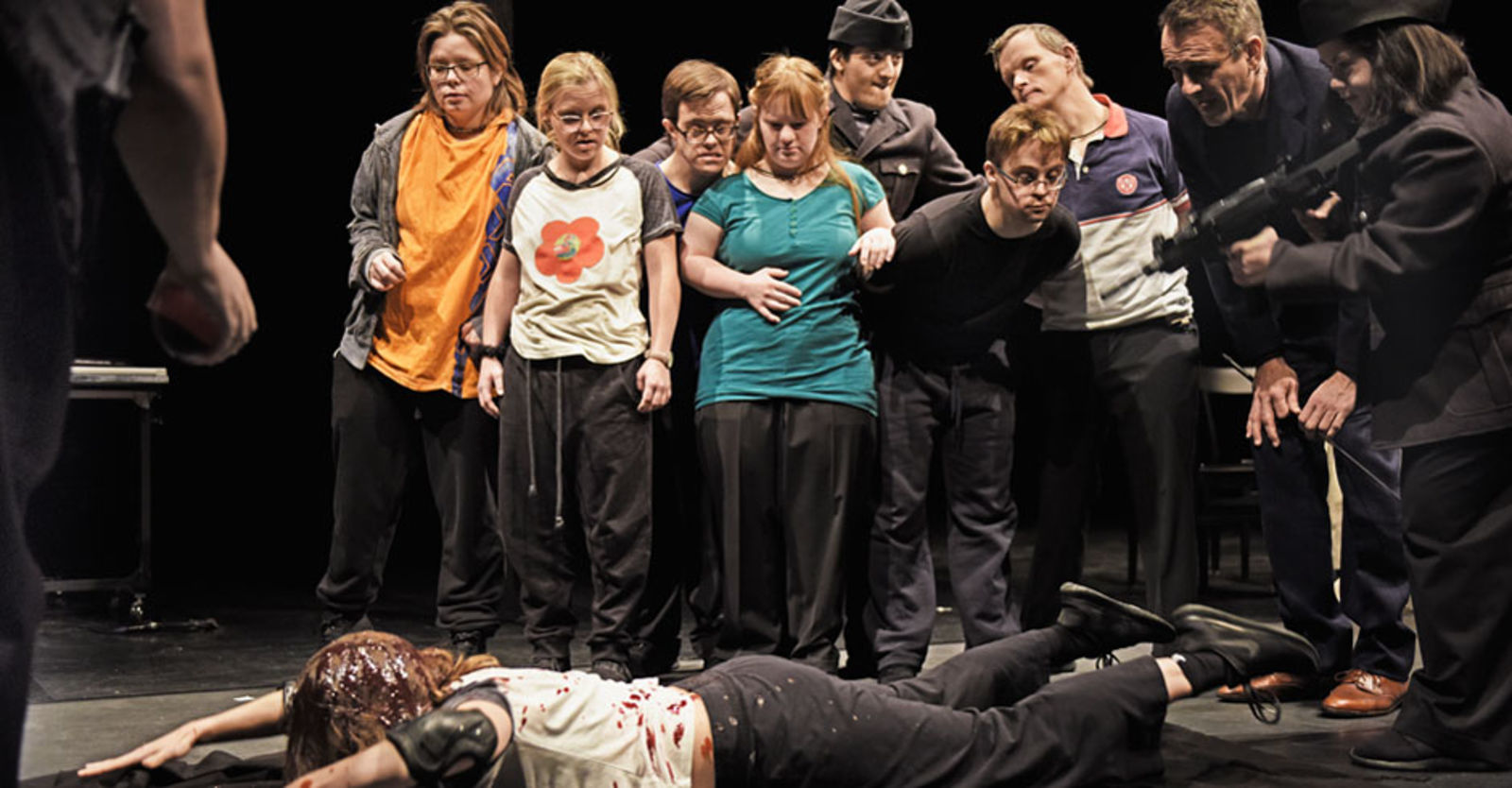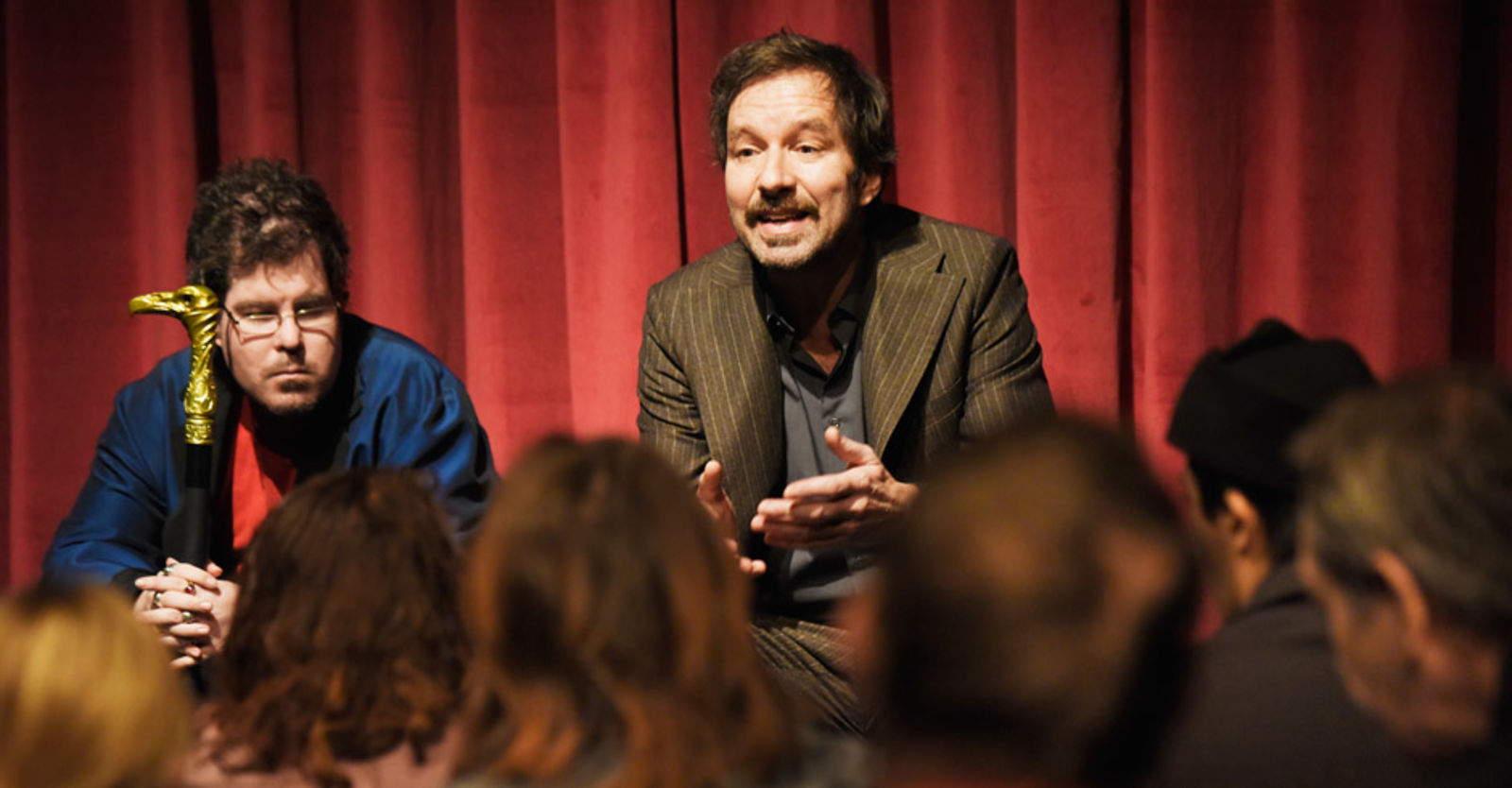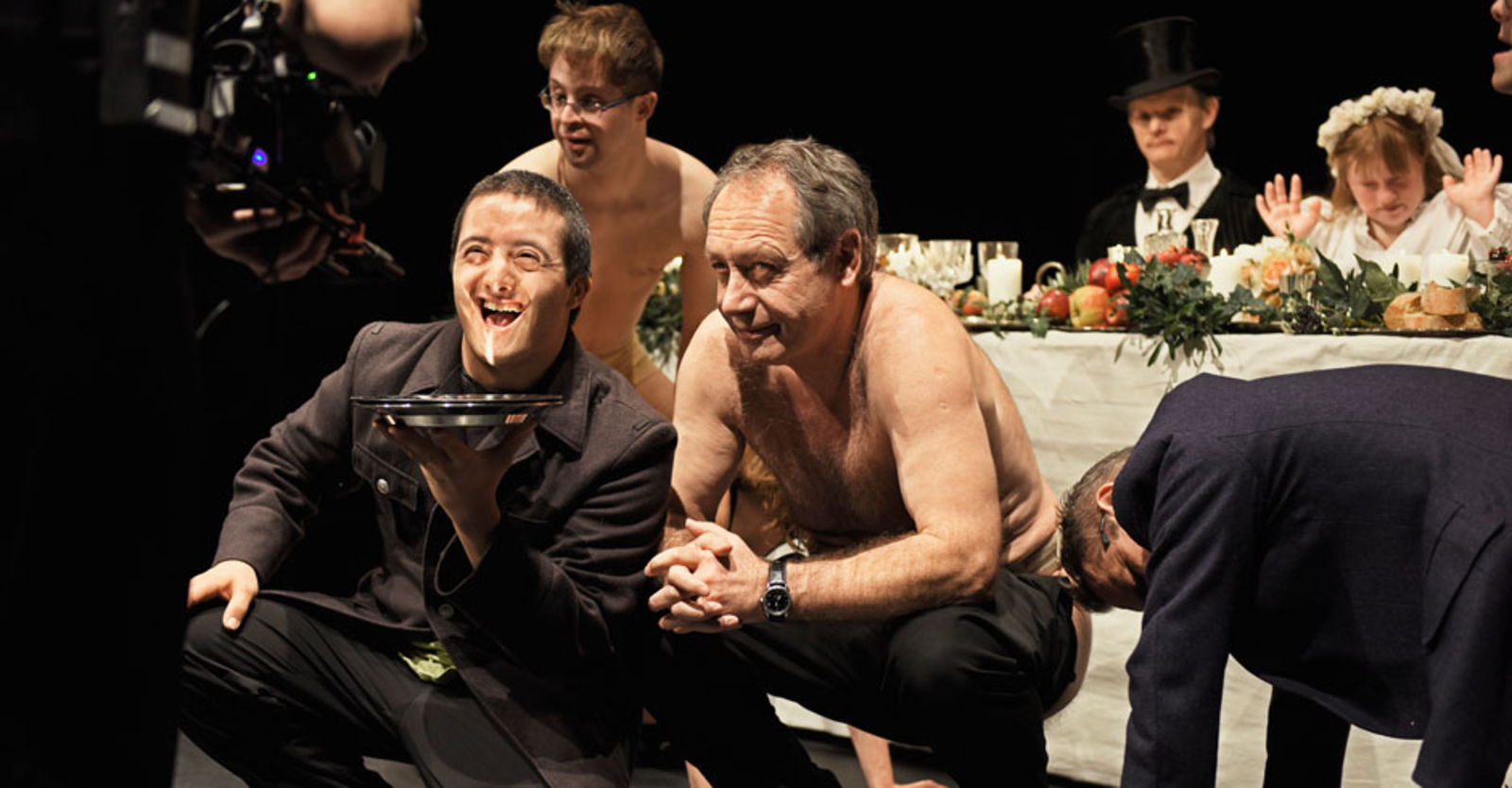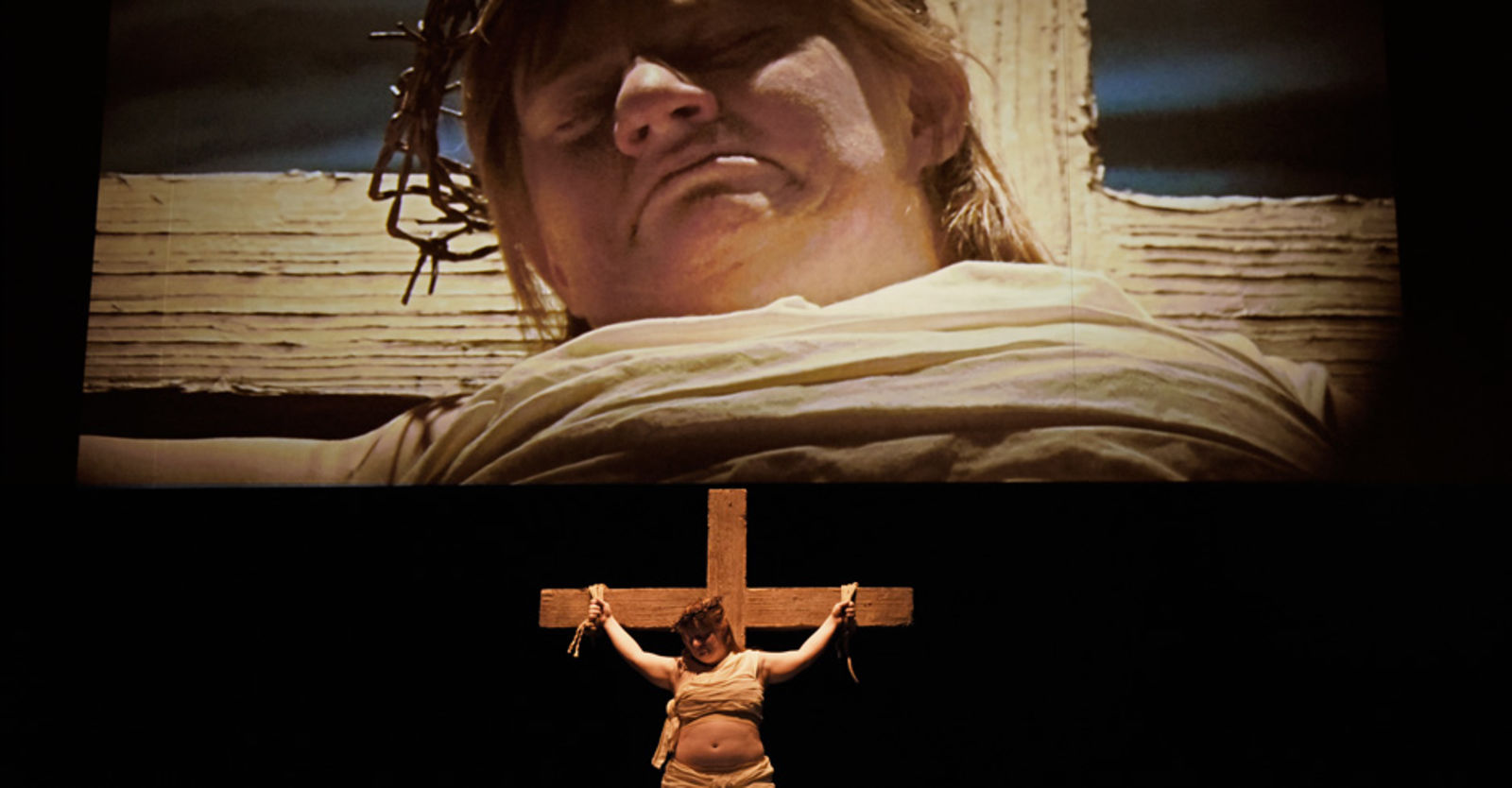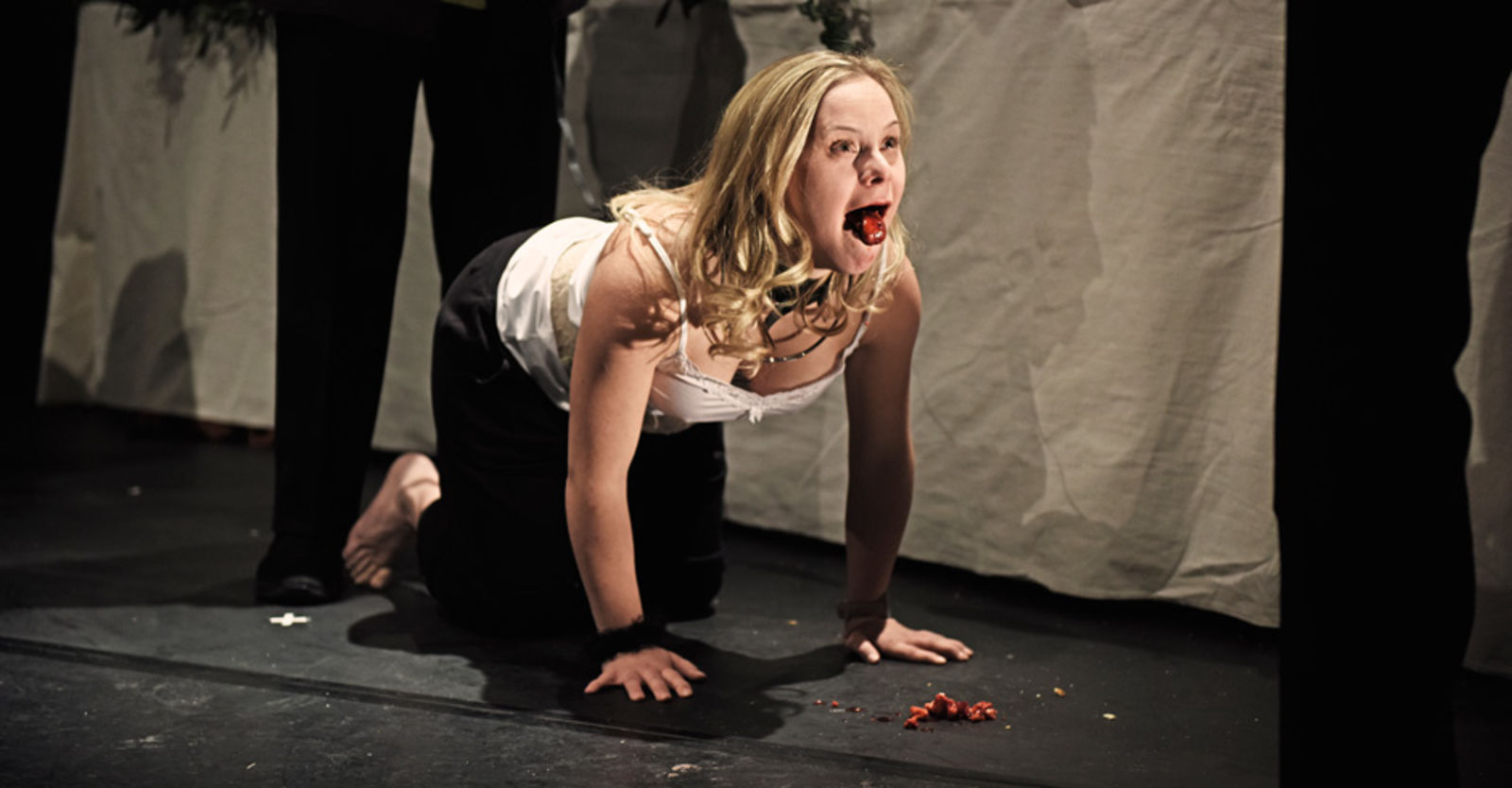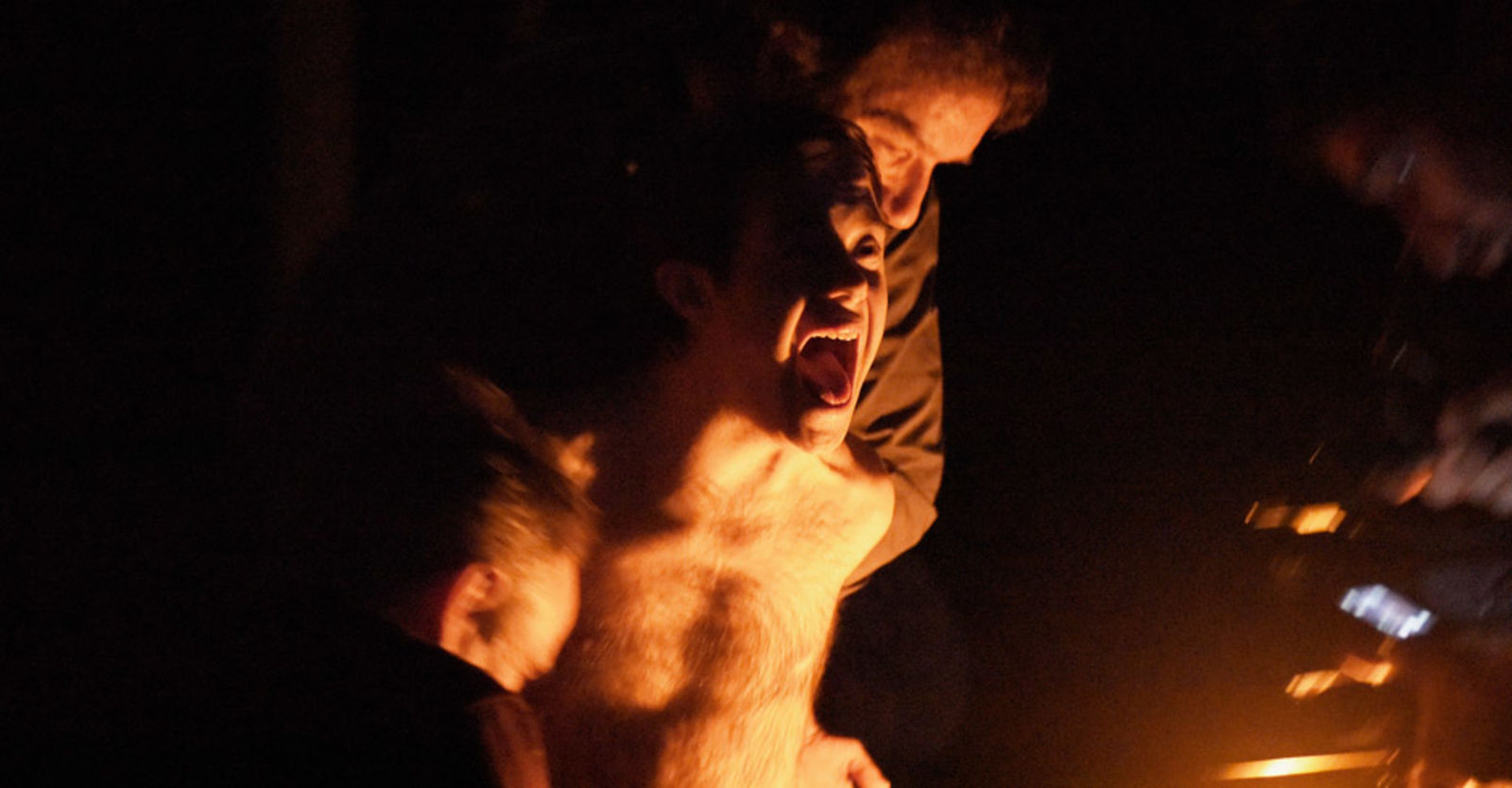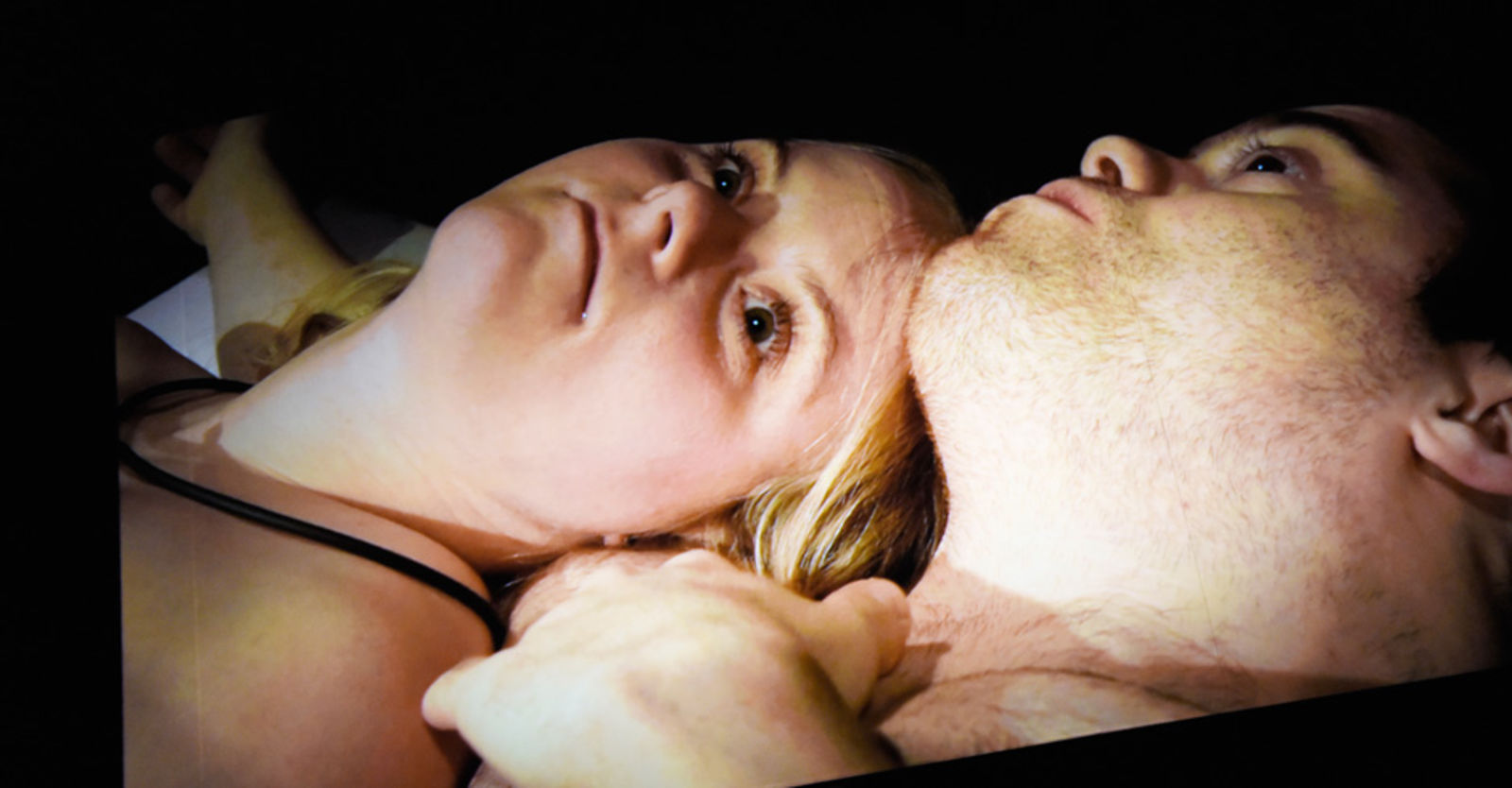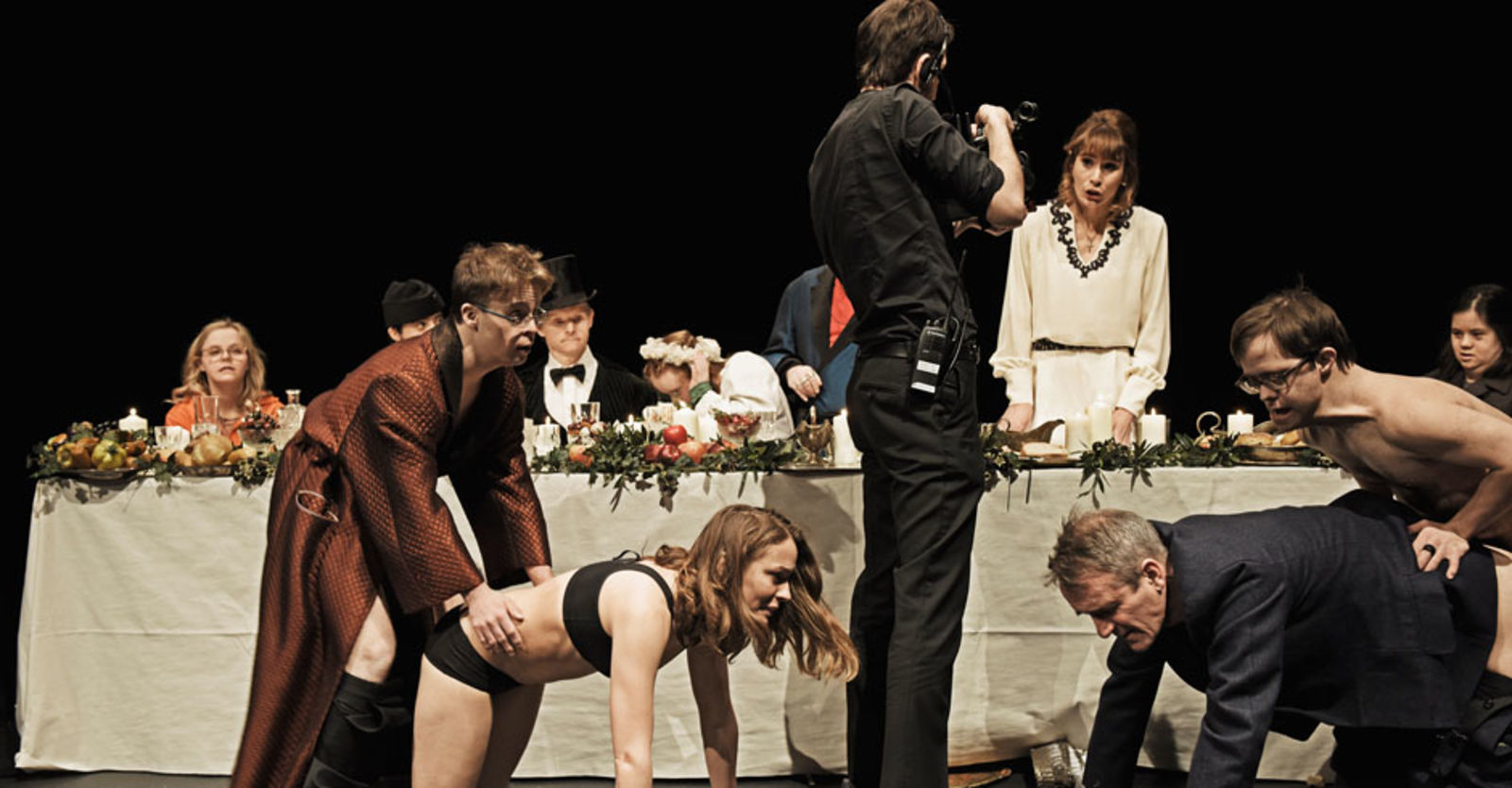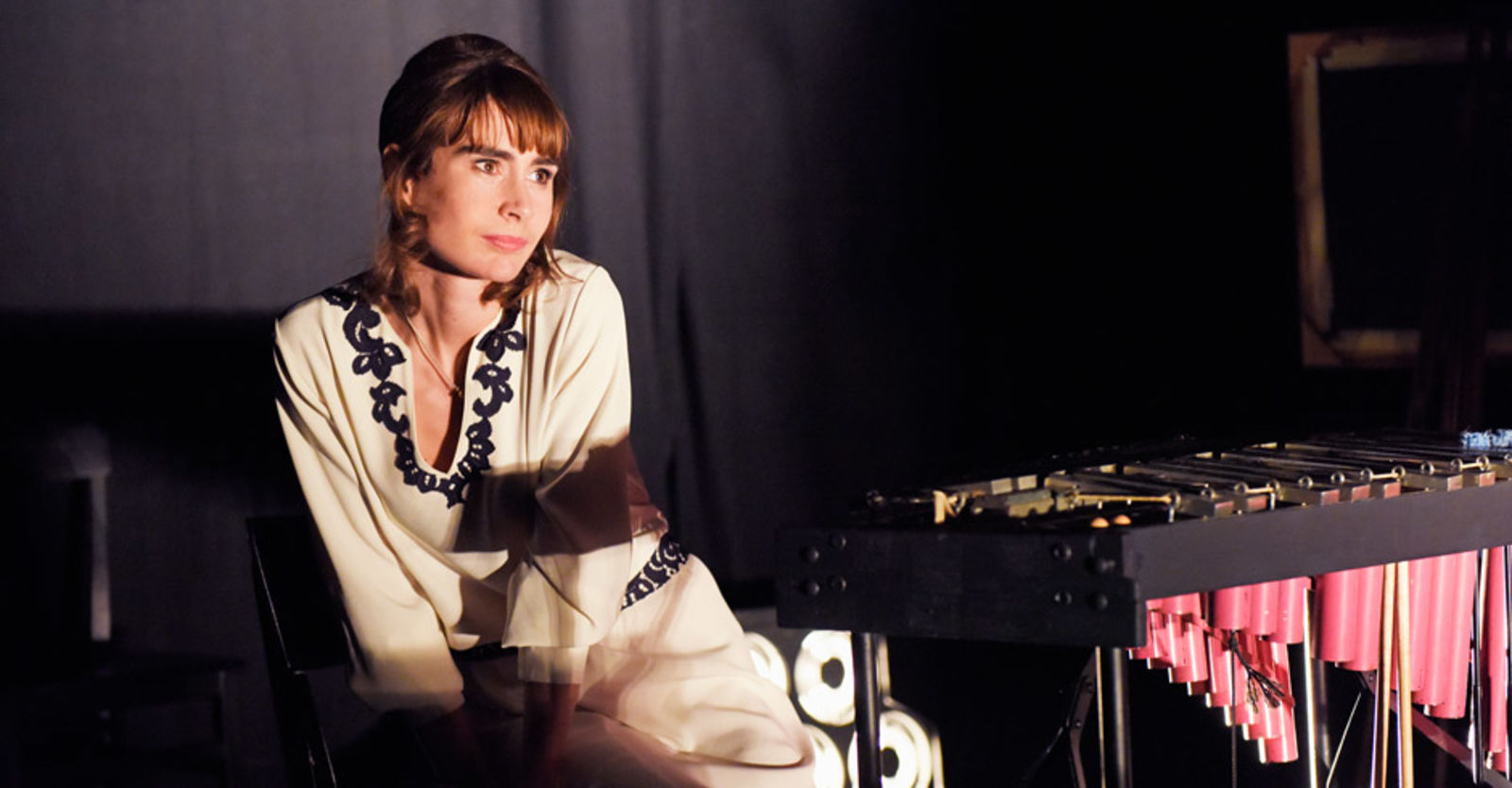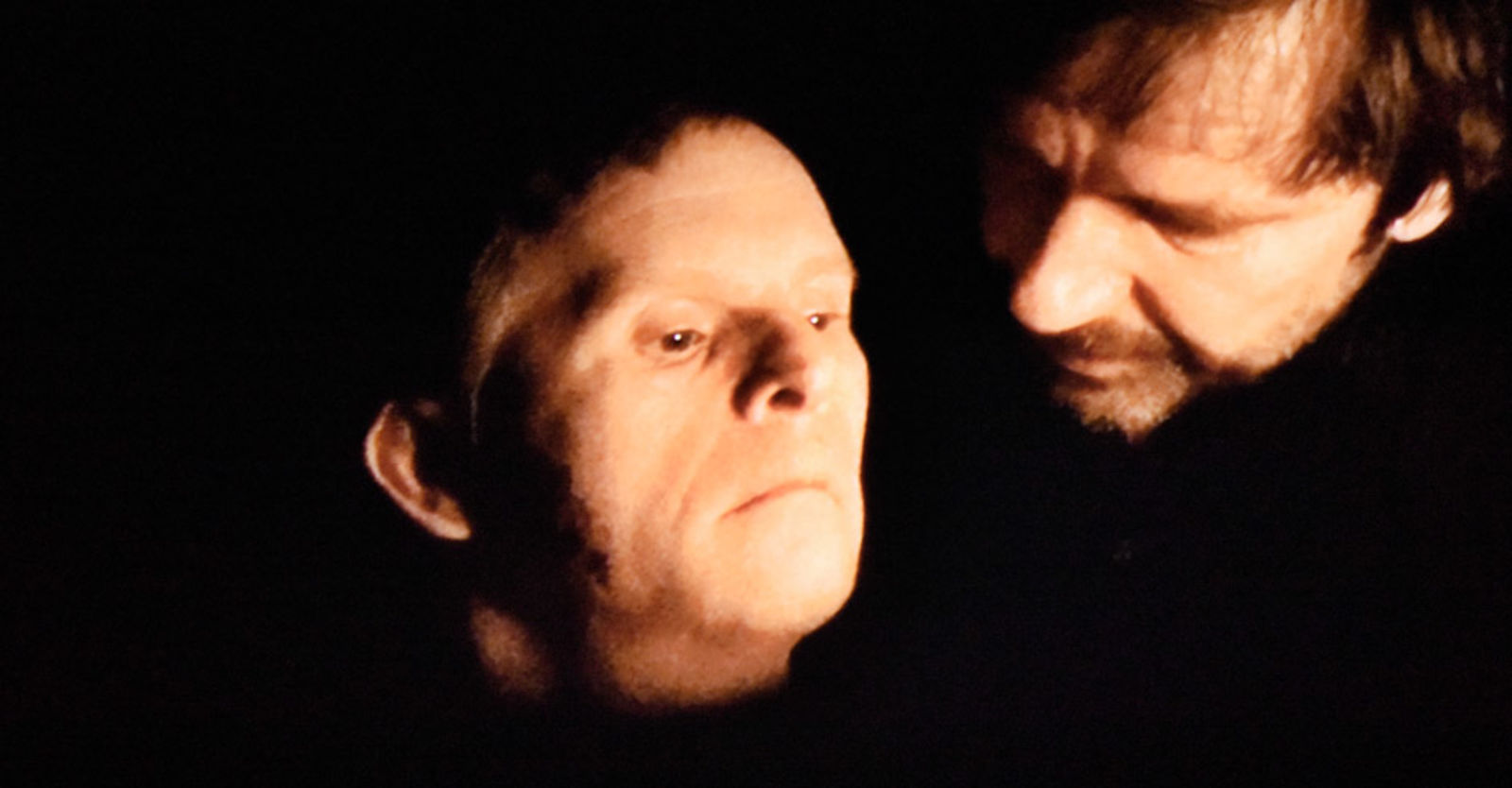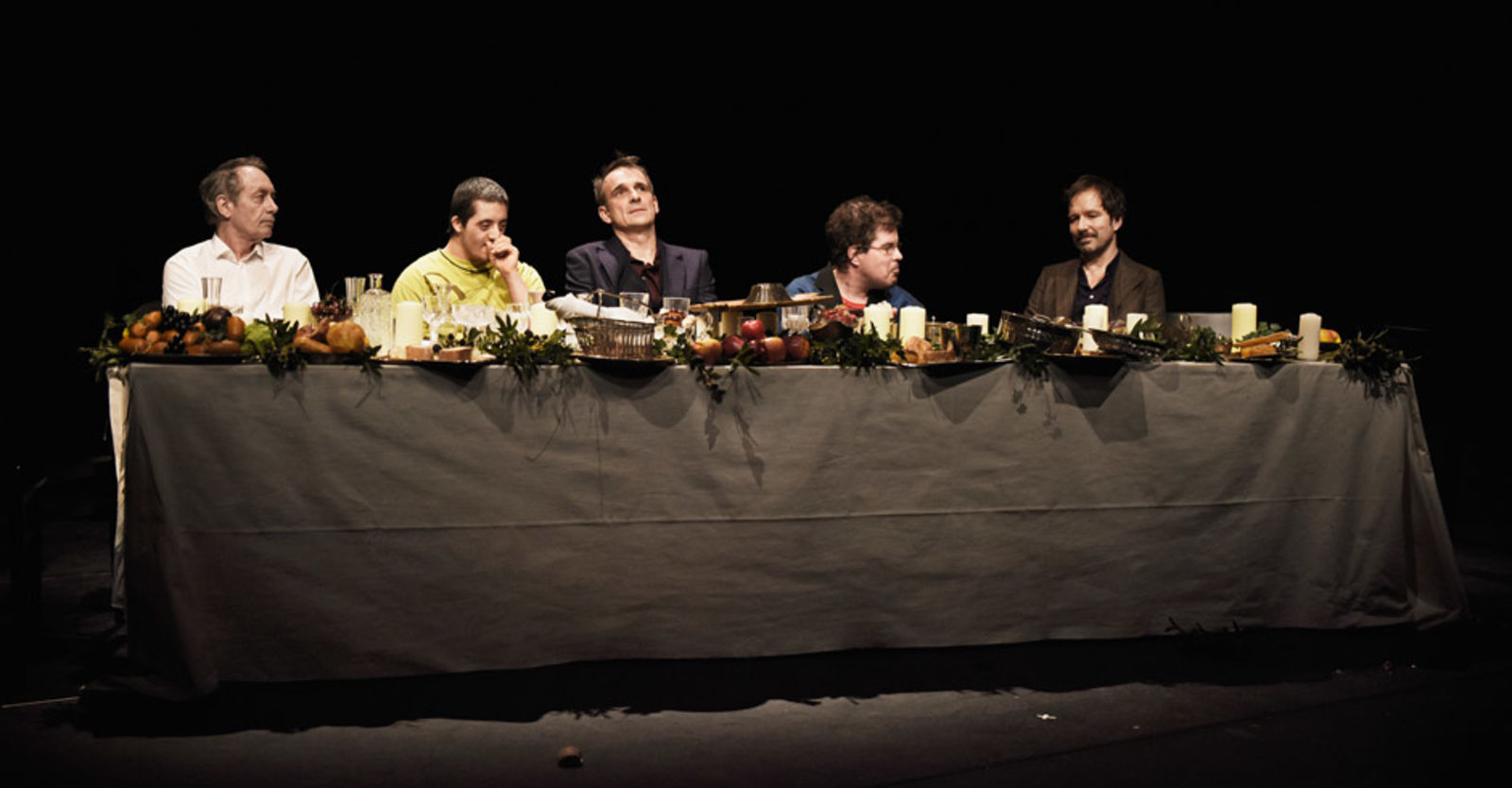How can you make the probably most controversial film in history into a stage production with a cast that includes actors with a disability? In a joint project with the Theater HORA, which has been addressing the disabilities of their actors in internationally acclaimed productions, and won the Swiss Theatre Award in 2016, the director Milo Rau and the Schauspielhaus Zurich have “The 120 Days of Sodom” follow Rau’s previous production “Five Easy Pieces”, which was staged in 10 different countries and subject to censorship in various places due to having children acting out the crimes of paedophile Marc Dutroux. This has sparked off an international debate about the limits of art and the power of the theatre.
Starting from Pasolini’s scandalous art film “Salò or the 120 Days of Sodom“, Milo Rau continues to investigate the question of what is depictable and bearable on the stage. In the Alpine Republic of Salò – the last refuge of some fascist regime – young men and women are kidnapped and held prisoners in a castle by four representatives of a declining totalitarian regime. In a series of sadistically debauched rituals the young people are abused and humiliated, and finally tortured to death in an orgy of violence.
It was Pier Paolo Pasolini’s last film, he was murdered before its release. It’s based on a novel by the Marquis de Sade, who advanced explicit representations of sexual power and violence as a type of diagnosis of late 18th-century society. Pasolini’s adaptation has been read as criticism of a certain type of rule that has replaced the fascist system but nevertheless continued the mechanisms of repression of the former – which is of course the modern consumer society including the normalization of excess and the constant optimization of humans.
Milo Rau’s production is a rather free interpretation of Pasolini’s and de Sade’s works set in the present time, in a post-modern feudalist society teetering between hedonism and doom, normalization mania and petty bourgeois lust for scandals. The piece touches on fundamental questions in art and society: What’s the meaning of power? What is voyeurism? How is the dignity of life to be protected? What is normal, what is abnormal? Where does the pain end – and salvation begin?
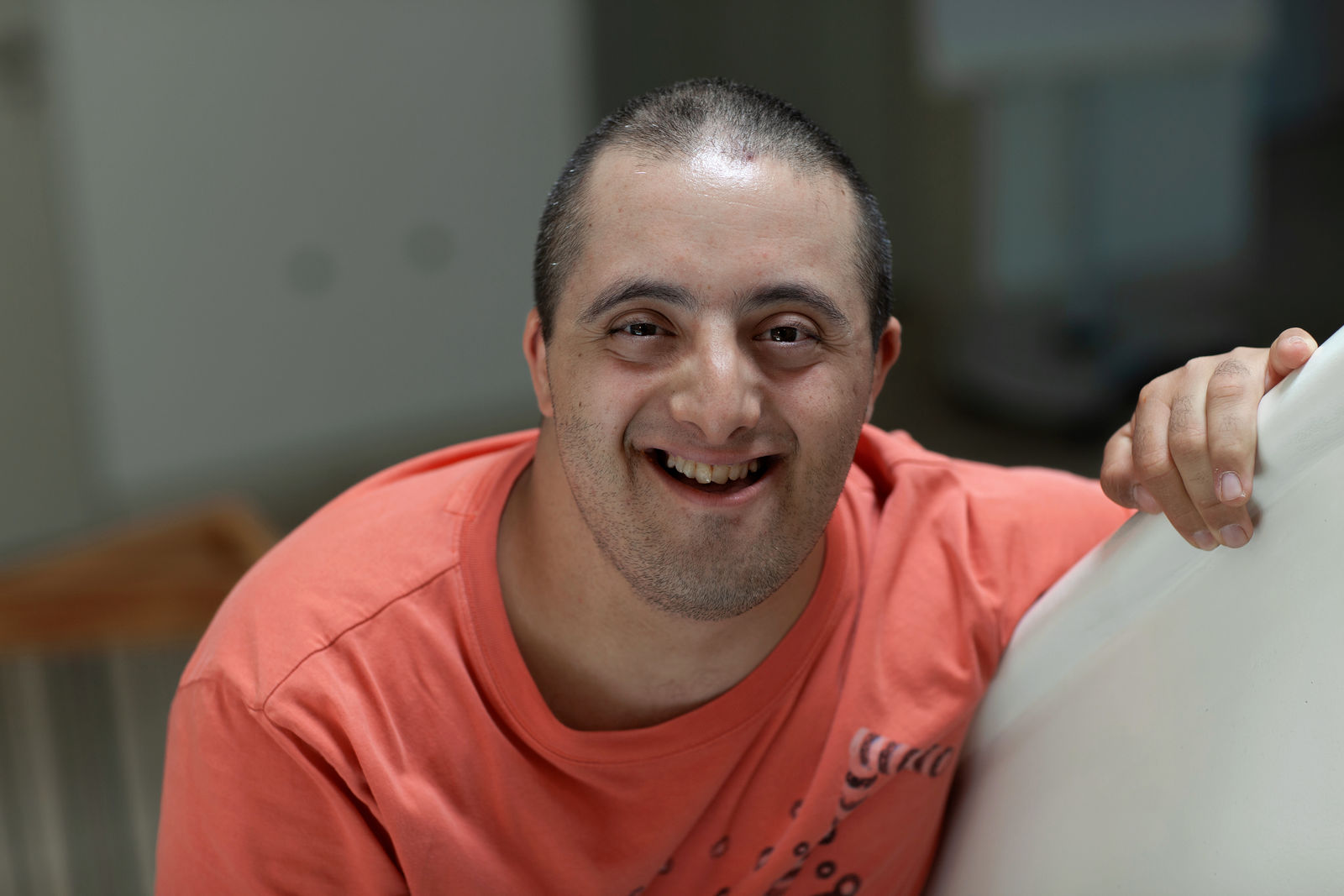
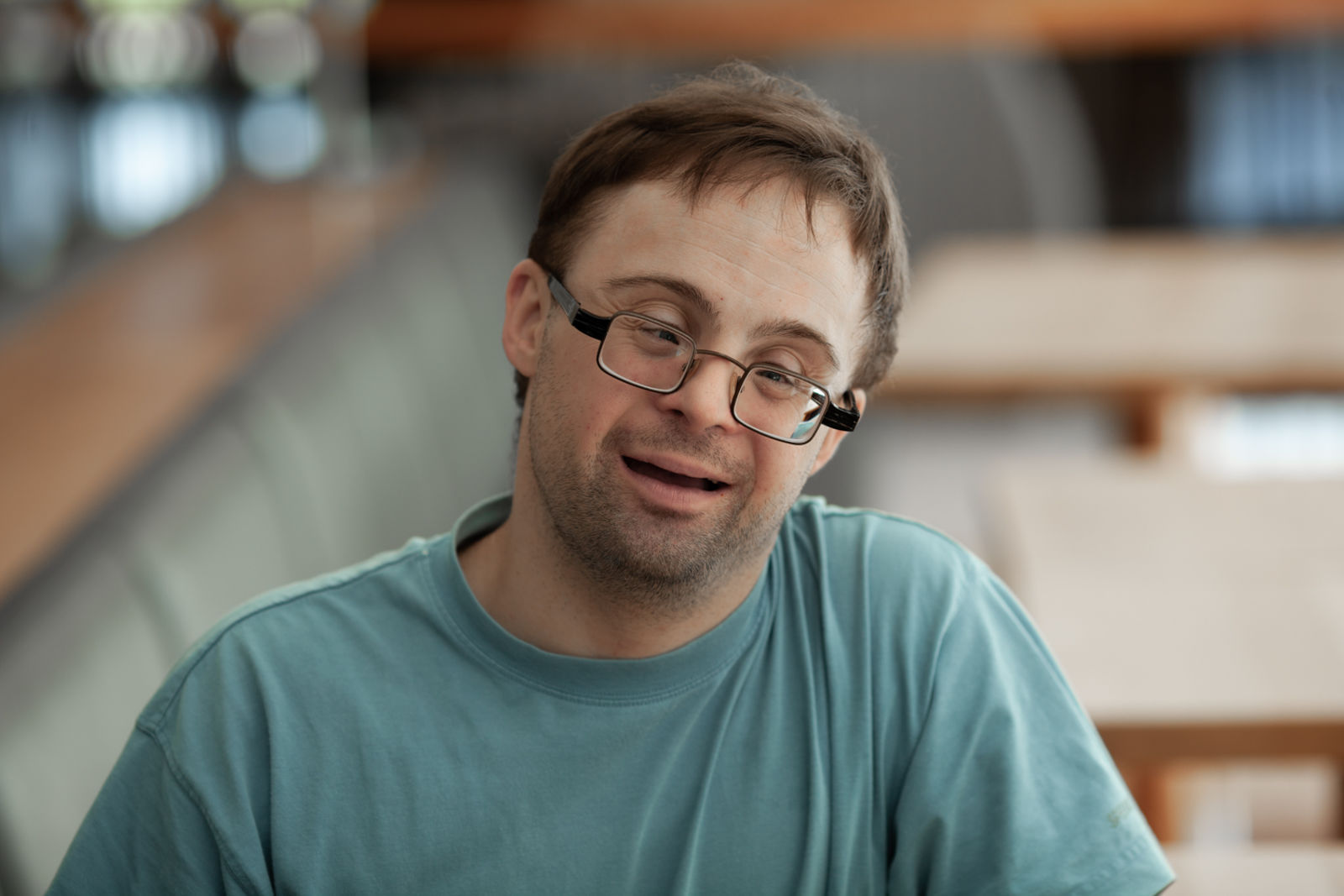
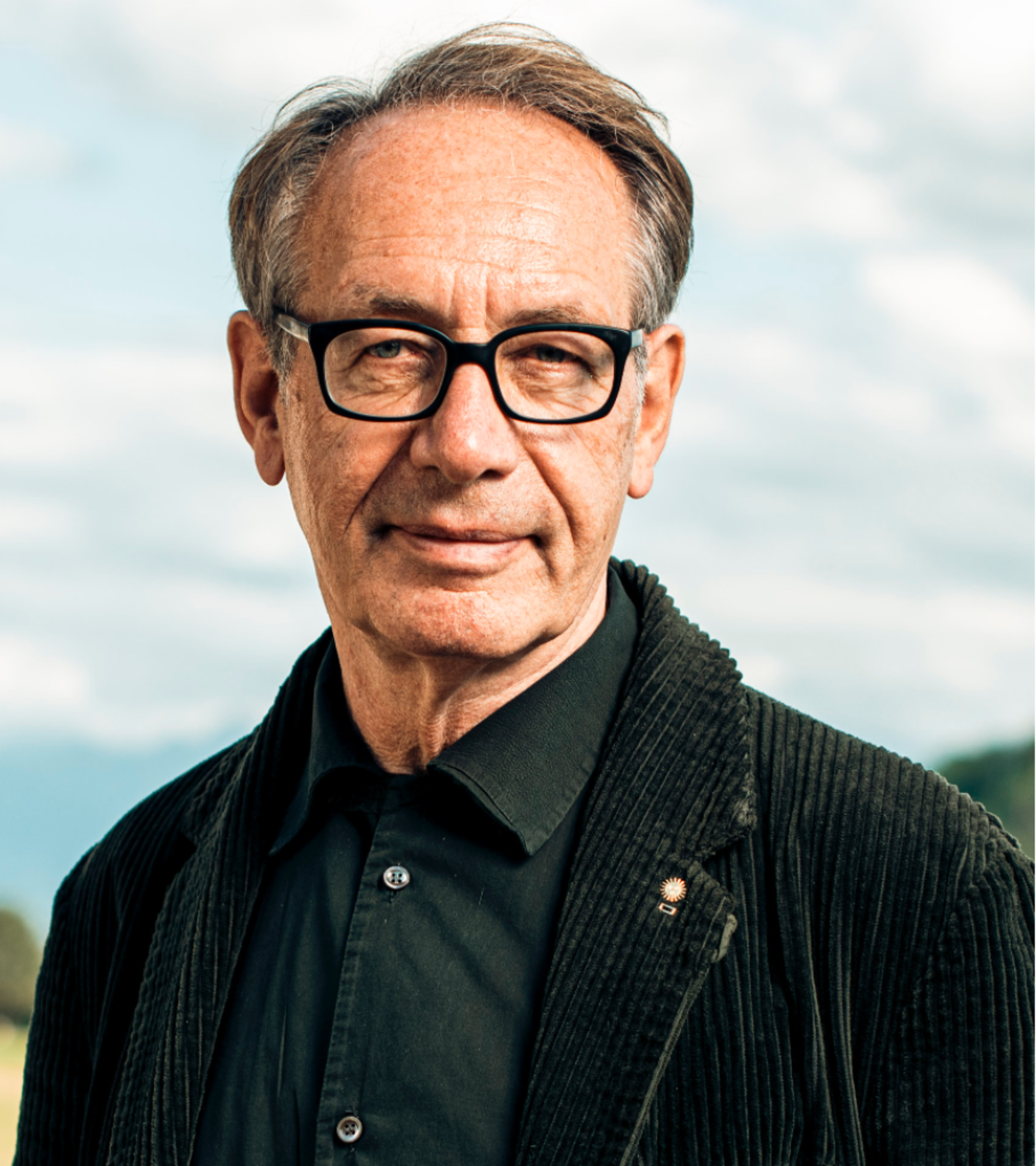
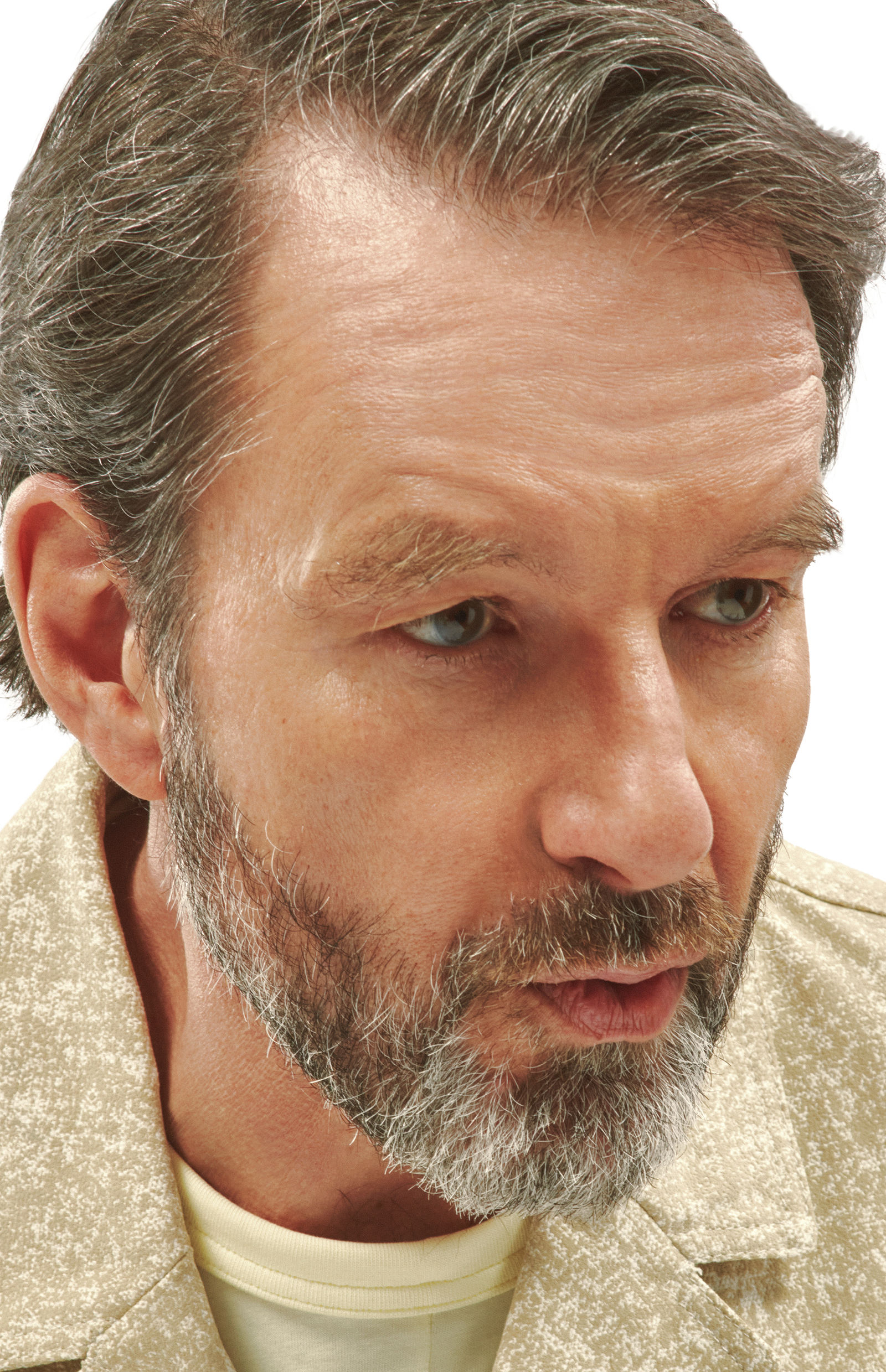
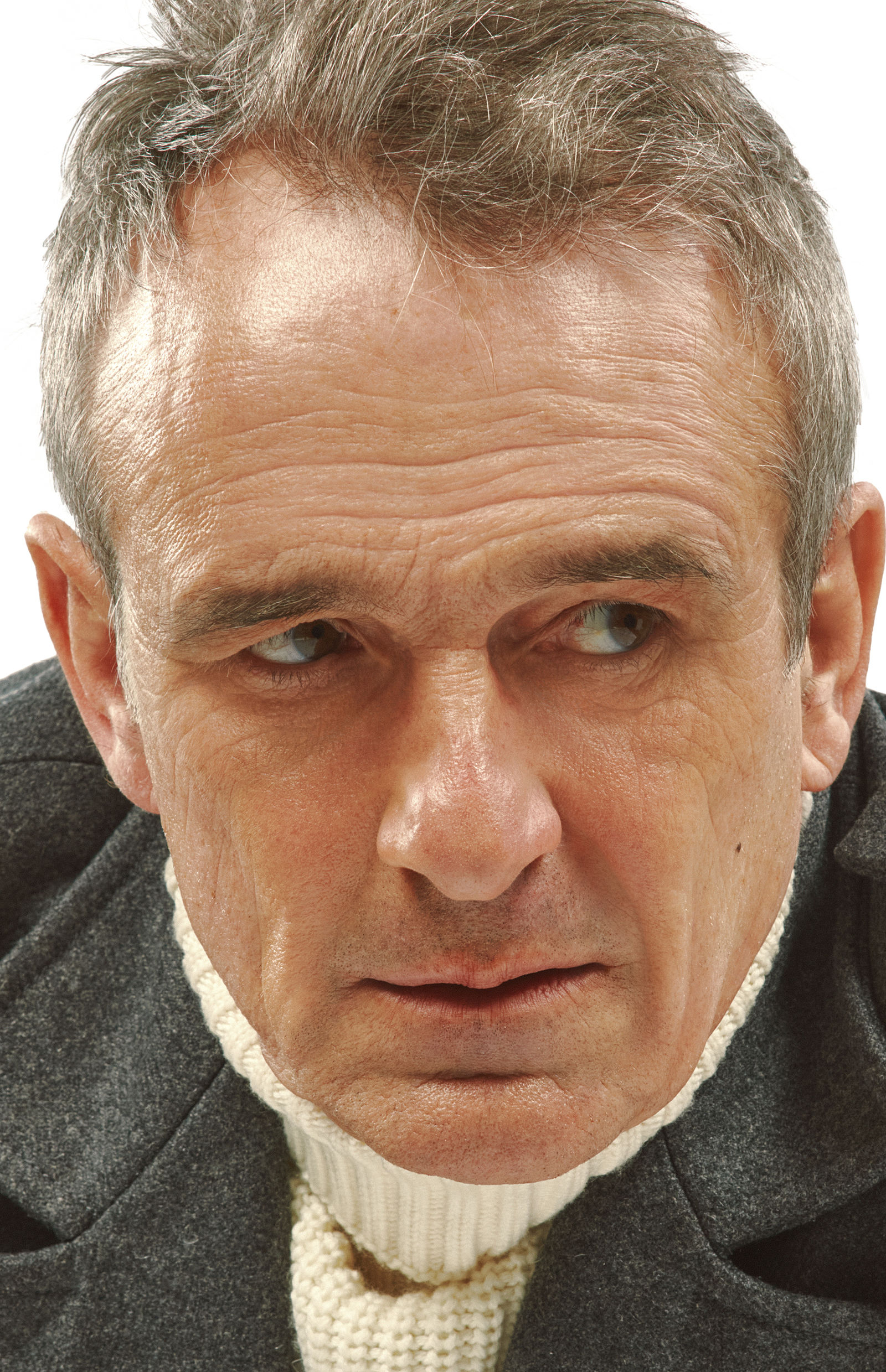
Gianni Blumer
Nikolai Gralak
Matthias Grandjean
Julia Häusermann
Sara Hess
Dagna Litzenberger Vinet
Tiziana Pagliaro
Nora Tosconi
Fabienne Villiger



